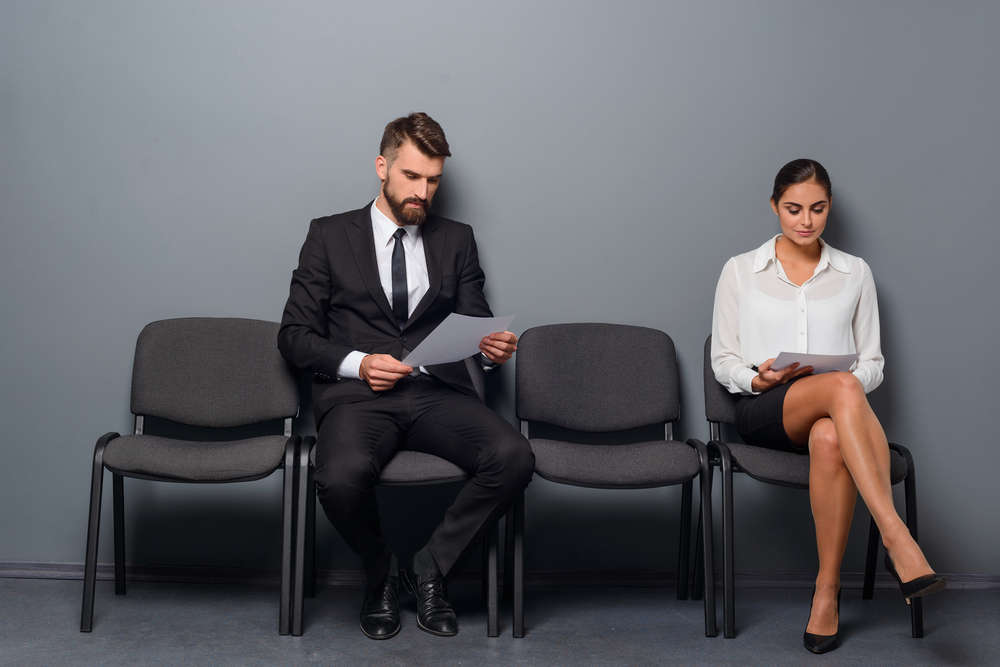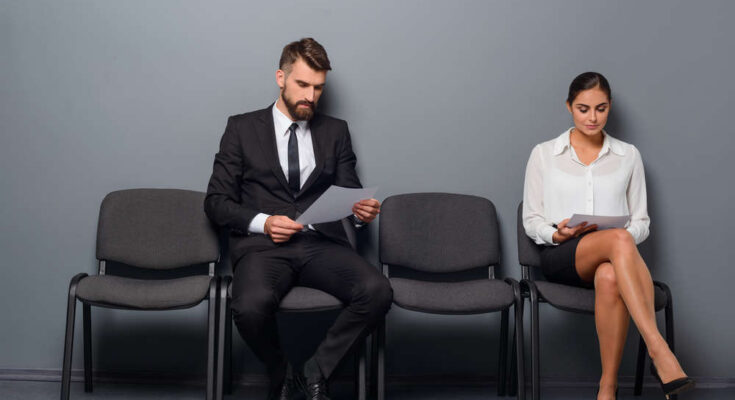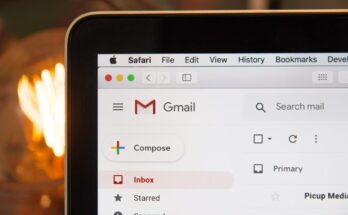First impressions, by definition, are instant. People are quick to form an opinion on the first meeting, and this is no less true in a job interview.
Of course, it’s important to firstly write an effective resume, research the company, predict interview questions and answers, and to perform well in the interview. But how to dress for an interview is also a crucial part of the process.
Wearing the right clothes for a job interview shows that you’re professional, polished, you care about the job, and that you have good attention to detail.
What to wear for a job interview? The most important thing to bear in mind when dressing for a first interview is to appear smart, and if in doubt, go on the conservative side. It is important to know what not to wear to an interview.
The dress code of an office is different from the job interview dress code. Don’t be fooled into thinking you should dress casually just because you know the company has a casual dress code.
However, what you wear will vary depending on whether you’re interviewing with a law firm, a bank or a consulting firm, at a casual start-up or for a casual summer job. I remember a CFO of an e-commerce company with a very casual dress code commenting on a candidate for a Finance Director role who came in wearing a suit that he thought was too corporate. If in doubt, call up the company to ask about the dress code or ask a recruiter who arranged your interview

Job interview dress code for women
Women have more to think about when choosing the right outfit for a job interview.
There are extra considerations such as whether to wear a dress, skirt, or a suit, as well as having accessories and makeup to think about. When in doubt, be more conservative but it doesn’t mean your outfit has to be boring.
Best outfits for interviews:
-
- Skirts:If you choose a skirt make sure it isn’t too short, knee-length skirts are advisable. Choose a plain color, black is always a good choice, as are navy and brown/beige or grey. In the summer, lighter colors are also fine.
- Blouses or shirts: Buttoned down shirts in light colours can look great – and you can also experiment with fabrics e.g. sheer silk chiffon over a camisole. Color could be great – it can actually make you stand out (e.g. a red blouse and a beige skirt), but avoid colours that are too bright (e.g. super bright pink),, patterns, and anything low-cut.
- Dresses: dresses can be a great interview outfit. A nice wrap dress (e.g. Diane von Furstenberg) or a dress with a structured fit is professional and modern
- Black Pants: it’s worth investing in a pair of quality black pants that fit you well. You can pair them with a shirt or a jacket for a formal look or even with a smart sweater or a blouse for a business casual look.
- A Suit: if you wear a suit it should be a good fit and make you feel comfortable. Get your suit adjusted if the fit is not quite right. Many stores offer free adjustments when you buy a suit. Suits should be simple, preferably dark – but you don’t need to stick to black or navy. A khaki or light grey suit could also look professional and stylish at the same time.
- Shoes: should be fairly low-heeled and be in good condition. Don’t wear shoes with have an open toe or back, and generally avoid shoes you would wear on a date or on a night out.
. Choose a classic, basic, comfortable pair of shoes. A salesperson in a store will be able to advise you.
- Makeup should be flattering but understated, choose a shade which is neutral to your skin tone. Avoid bright or unusual colors for your nails. Neutrals, light pink or coral or red work well. This isn’t time to be experimenting with blue acrylic nails!
- Keep jewelry and accessories to a minimum. Instead, as fashion psychologist Dawnn Karen recommends, make use of a single focus accessory. This could be a ring or brooch passed down through your family or with an interesting story connected to it. This can boost your confidence and, if the interviewer notices it, give them a bit more insight into you as a person.
- Your hair should be clean, neat and conservatively styled. The aim is to look professional and polished. Avoid brightly colored hair accessories and hairstyles which look out of place with your outfit. A low ponytail and an updo are two safe options.
- Don’t wear overpowering perfume, a little usually goes a long way. In fact, one study found that 90% of women asked felt more confident when wearing perfume, so use it sparingly to your advantage.
Job interview dress code for men
What should you wear to a job interview? It is rarely appropriate to dress down for an interview and it is better to overdress than underdress. The safest bet is to go conservative, which means wearing a suit.
The suit should consist of a matching jacket and pants, a dress shirt, a tie, and coordinated socks.
Your suit should be comfortable and needs to be a good fit. Don’t try and squeeze into an old suit, invest in a new one. Feeling and looking good in an interview will help you to relax and give you confidence.
Dark colours such as black, navy blue, brown, and dark grey are ideal for the suit. The shoes should be black with a black or grey suit and brown with a blue or brown suit. Don’t mix black and brown.
The shirt and tie should complement the suit. Choose a plain, single-coloured shirt, white is a safe choice and a single-coloured tie which matches the shirt. Avoid novelty ties and socks, they will be noticed and may not give a positive impression.
If you’re not sure whether the company requires a formal suit or more business casual type of clothing, you can also try to wear a lighter colour or khaki blazer with coordinating trousers. If you wear it with a tie, you’ll look more formal, but in a less formal company, you can skip the tie.
If the dress code is business casual or you’re interviewing with a start-up, you can wear a sweater over a button down shirt in a light color. Sweater should have a neutral color – e.g. navy, black or grey.
Your hair should be clean, neat, and styled conservatively. You don’t need to wear aftershave but if you do, only wear a little, you don’t want to smell overpowering.
Final advice
Your clothing should be neat, clean, and without creases. Either iron them or go to the dry cleaners beforehand.
Shower before your interview and wear deodorant. Make sure you’ve brushed your teeth and have fresh breath. Avoid smoking or eating directly before.
Preparing for an interview is key. Make sure you’ve printed copies your professional resume and made all other preparations with plenty of time to spare so you can arrive punctually, feeling confident and relaxed.




